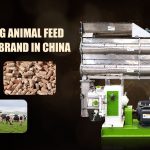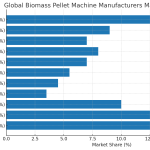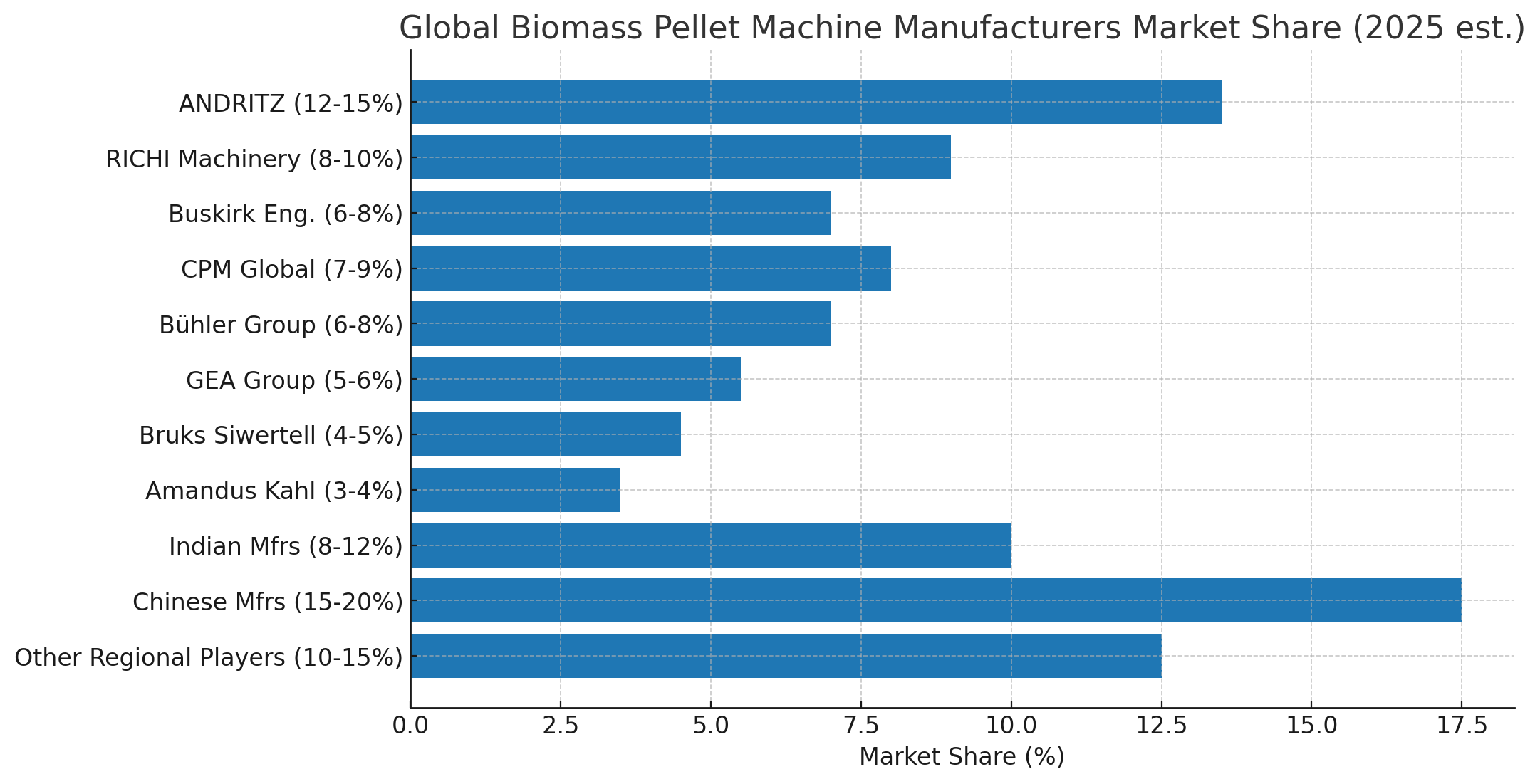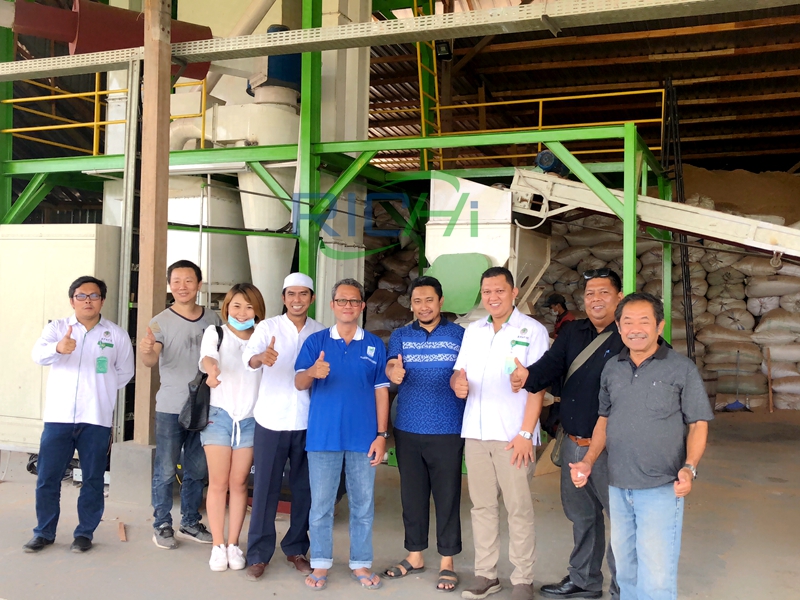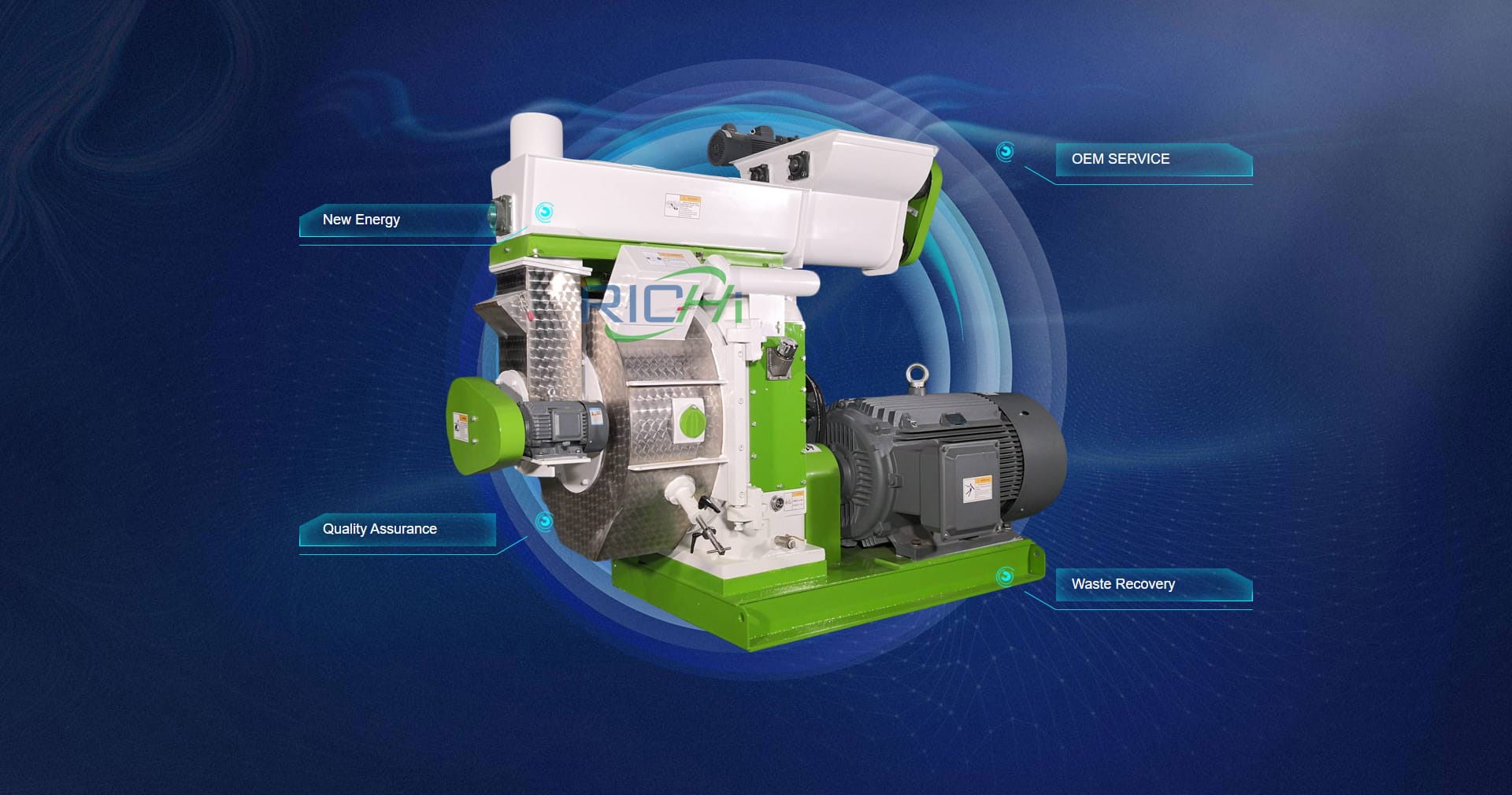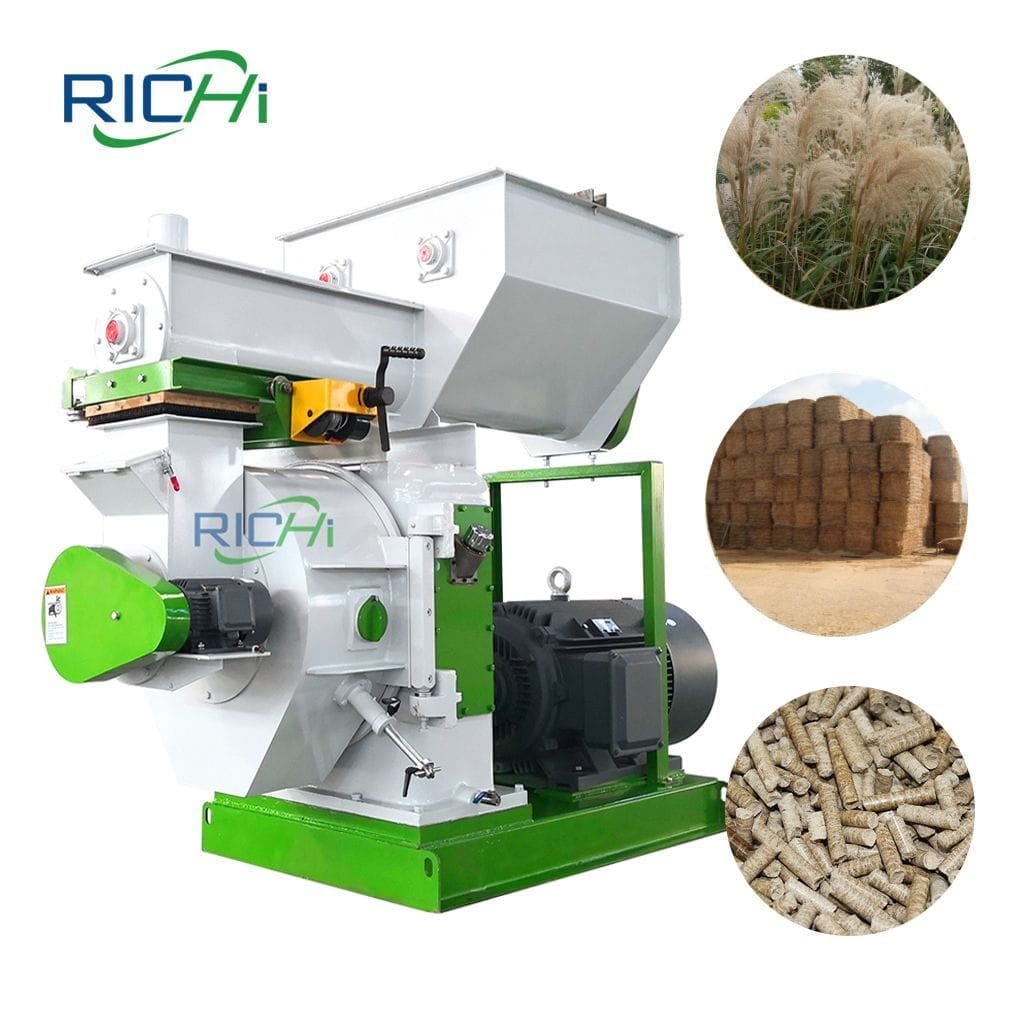Alfalfa pellet production has become increasingly important in modern agriculture, providing a convenient, nutritious feed option for livestock. Choosing the right pellet machine is crucial for maximizing efficiency, ensuring product quality, and achieving long-term profitability. This guide presents the leading brands in the alfalfa pellet machine industry, helping you make an informed decision for your operation.
Leading Alfalfa Pellet Machine Manufacturers
1. Colorado Mill Equipment
Specialization: Dedicated alfalfa industry solutions
Key Strengths:
- Advanced equipment solutions specifically designed for alfalfa processing
- Ensures optimal productivity and superior quality at every stage
- Deep industry expertise in alfalfa-specific challenges
Colorado Mill Equipment stands out for their focused approach to alfalfa processing, offering equipment solutions tailored to the unique requirements of alfalfa pellet production.
2. ELF Systems
Experience: Over 30 years in pellet mill manufacturing
Key Strengths:
- Industry-leading 2-year factory warranty
- Proven track record with decades of experience
- Industrial-grade pellet making systems
- Versatile equipment suitable for various materials including alfalfa
ELF Systems brings extensive experience to the table, making them a reliable choice for operations seeking proven technology backed by comprehensive warranty coverage.
3. RICHI Machinery
Experience: 164 production lines design experience
Key Strengths:
- Extensive design and implementation experience
- Continuous screening and optimization processes
- Focus on achieving best production efficiency
- Comprehensive production line solutions
RICHI Machinery’s vast experience in production line design makes them particularly suitable for large-scale commercial operations seeking optimized efficiency.
4. KRONE
Specialty: Structural pellet production
Key Strengths:
- Premos 5000 model produces 16mm diameter structural pellets
- Processes unchopped crops while maintaining fiber content
- Adds valuable structure to animal rations
- German engineering quality
KRONE offers specialized equipment for producing structural pellets, ideal for operations focused on maintaining the nutritional integrity of alfalfa feed.
5. ANDRITZ
Scale: Large commercial operations
Key Strengths:
- Proven in high-capacity operations (up to 120 tons per day)
- Industrial-scale manufacturing capabilities
- Established presence in commercial alfalfa processing
- Robust equipment for continuous operation
ANDRITZ is particularly well-suited for large-scale commercial operations requiring high-volume, consistent production capabilities.
Brand Comparison Overview

Production Capacity Comparison

Key Selection Criteria
Production Scale Considerations
- Small Farm Operations: Focus on compact, versatile machines with lower capacity
- Medium-Scale Operations: Balance between capacity and flexibility
- Commercial Operations: Prioritize high-capacity, continuous operation capabilities
Technical Specifications
- Die Type: Choose between flat die and ring die systems based on production needs
- Pellet Size: Standard sizes range from 6mm to 16mm diameter
- Production Capacity: Match machine capacity to your operational requirements
- Power Requirements: Ensure compatibility with your facility’s electrical infrastructure
Quality and Support Factors
- Warranty Coverage: Look for comprehensive factory warranties (2+ years preferred)
- Service Network: Consider local service and parts availability
- Technical Support: Evaluate manufacturer’s technical assistance capabilities
- Training Programs: Assess availability of operator training and support
Making the Right Choice
For Small to Medium Operations
Consider Colorado Mill Equipment or ELF Systems for their specialized focus and strong warranty support.
For Large Commercial Operations
ANDRITZ and RICHI Machinery offer the scale and experience needed for high-volume production.
For Specialty Applications
KRONE’s structural pellet capabilities may be ideal for operations focused on premium feed products.
Implementation Best Practices
- Conduct a needs assessment to determine your specific production requirements
- Request detailed specifications from manufacturers to compare capabilities
- Consider total cost of ownership including maintenance, parts, and service
- Evaluate training and support options provided by manufacturers
- Plan for future expansion when selecting equipment capacity
Conclusion
Selecting the right alfalfa pellet machine brand is a critical decision that impacts both immediate operational efficiency and long-term profitability. The manufacturers highlighted in this guide represent the industry’s leading options, each with distinct strengths suited to different operational scales and requirements.
We recommend conducting thorough consultations with multiple manufacturers to ensure the selected equipment aligns perfectly with your specific operational needs, production goals, and budget constraints.
